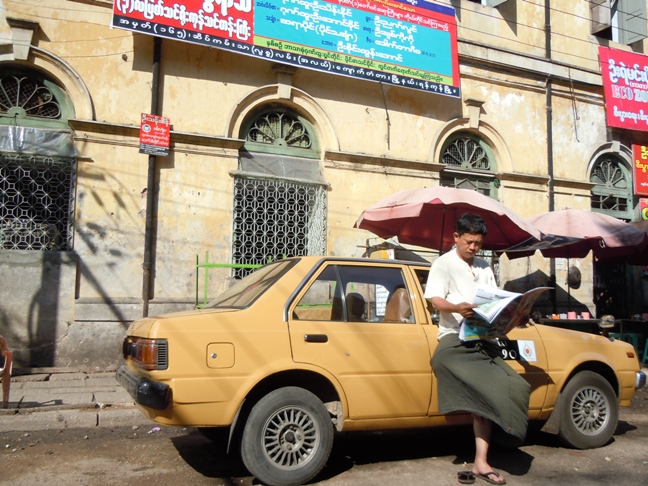Bertil Lintner, the veteran Burma watcher, has launched a barrage to soften up the more optimistic analysis that is circulating about the country’s immediate prospects.
In this new article over at Asia Times Online he takes aim at the inadequacies of Burma’s current constitutional framework. In one key stanza Lintner argues that:
Myanmar’s staunchly nationalistic military may be willing to lessen its dependence on China, and even cut its ties with North Korea, provided the US and its allies can offer something substantial in return, including an eventual removal of economic sanctions. However, if one reads the 2008 constitution carefully, Myanmar will not become a genuine democracy any time soon, but rather a thinly disguised authoritarian state that the US and the West can cynically live with to counterbalance China’s influence.
His piece also includes interesting comments about Western ambitions for Burma and Aung San Suu Kyi’s willingness to accept “flawed” outcomes. It is well worth a read in full.
Lintner is right, of course, that the 2008 constitution will remain a thorny issue and there is likely to be much discussion on its potential reform over the years ahead. As I suggested some time back, there are quite a few reasons why reform is a good idea.
But, on the flipside, while Burma’s constitution probably limits certain desirable political outcomes it may also offer a new level of certainty, something a New Mandala reader once described as “calculability”. In the abstract I’m not sure how confident we can be about this (or any) constitution’s permanence, but looking at changes on the ground there is every indication that the current political, legal and constitutional format is here to stay.
In this context it is worth emphasising that while the United States and some other countries take their constitutions particularly seriously I don’t think that has ever been the Southeast Asian style.
So I suppose my question is: does Burma’s constitution really matter? A recent analysis of Thai politics, for instance, suggests that it is “misleading” to conceive the state in crudely “organisational” (or constitutional) terms. Is Burma any different?
 Facebook
Facebook  Twitter
Twitter  Soundcloud
Soundcloud  Youtube
Youtube  Rss
Rss 